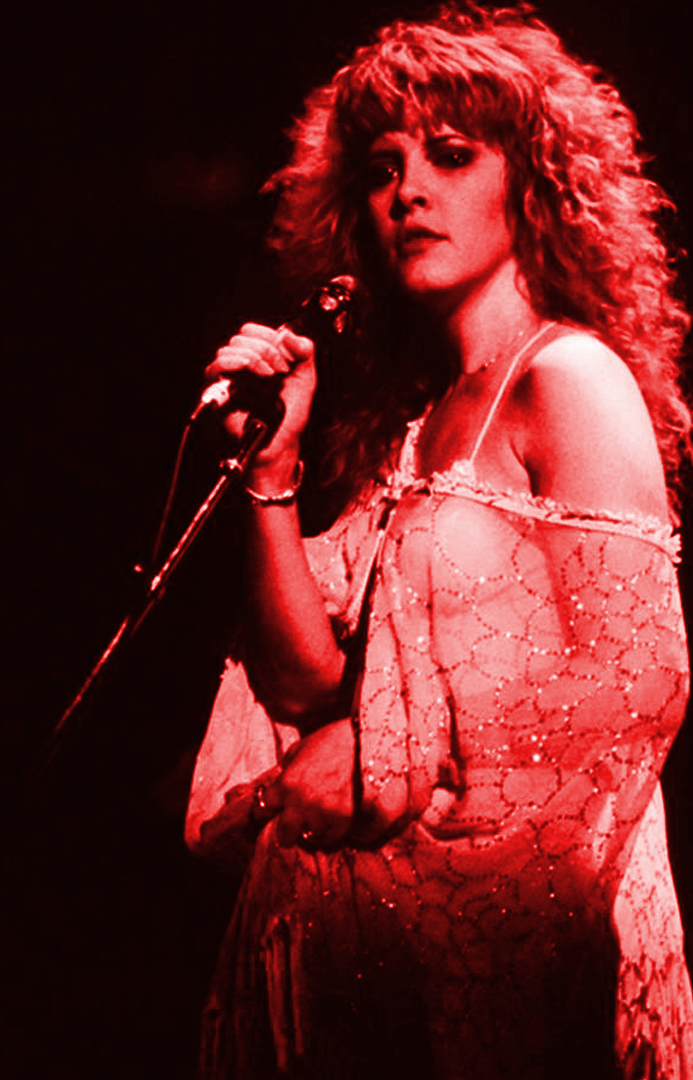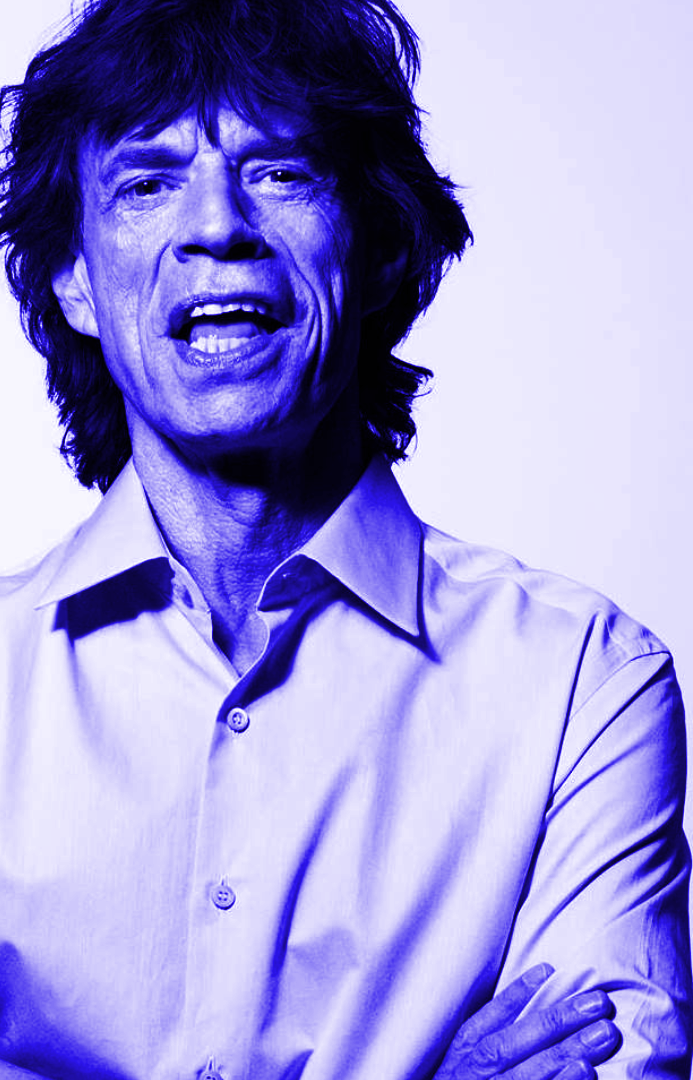Charleston Police chief reflects on response to Charleston Church Shooting and how the agency works to protect the survivors
CHARLESTON, S.C. (WCBD) – June 17, 2015. It’s a tragic day that law enforcement and first responders across the Charleston area will never forget.
In the Charleston Police Department’s first interview about the tragedy at Mother Emanuel since Chief Greg Mullen retired, the agency’s new leader, Chief Chito Walker, talked about the department’s road to healing and how they honor the memory of the victims, and work to protect the survivors and victims’ families.
Chief Walker has led the Charleston Police Department for over a year now. On the day of the shooting at Emanuel AME Church, when a gunman opened fire and murdered nine people during a Bible study, he was one of the officers who responded to the scene.
“Some of us were personally connected to that incident. Ten years ago, at that time, I was a lieutenant, and I was the commander of the SWAT team, but I was also the commander over investigations, crimes against property. I was one of the primary responders from the command level with the investigative piece with my counterpart at the time in central,” he said.
Chief Walker says out of respect for the families and survivors, he is limited about what he can share regarding that horrific night. Still, he talked about CPD’s response and how other agencies came to help.
“Just making sure we had all the information at the time we did respond. It was a coordinated effort. Several units, multiple agencies, and some of our federal partners responded to that incident once we found out exactly what we were responding to,” he said.
Chief Walker says the survivors and families of the victims remain a priority, and the department continues to work to protect them.
“We’ve been very protective of how we discuss that incident, our response, our involvement, and it’s really to respect the families and the victims of that incident,” he said.
“We lost some beautiful people, but we still have people here that we’re obligated to make sure we’re doing our due diligence to take care of. I just don’t want it to get lost in all the fanfare, media blitzes, but day to day, not just on the anniversary, we have to think about our community, and how it impacts those victims,” Chief Walker added.
He said the tragedy at Mother Emanuel left a long-term impact on the Charleston Police Department.
“Anytime there is something like that, be it here in Charleston, be it anywhere, that’s your community. A lot of people don’t take that into consideration. We are active stakeholders in this community, so it didn’t just happen to the church; it happened to all of us, but we also have a job to do. The biggest thing is the ‘why’ and holding those accountable who were responsible. That was one of our primary focuses, but long-term, you go through the process. Long term, you’re looking at mental health. You’re looking at how are you doing, are you able to cope with some of the things you had to do as it relates to your primary job,” he said.
Some former and current officers sought counseling.
“It’s been ten years, so some people are no longer with the department, and for some of us here, it’s making sure nothing starts to surface. Sometimes you don’t know that you’re dealing with certain traumas, because that’s a trauma. When you start talking about actually working that type of incident, any type of critical incident, and the long-term impacts it has not only on public safety, but their families. Because it will start showing itself, and sometimes you don’t realize it.”
Through heartbreak and the process of healing, Chief Walker says CPD gained new insight.
“I tip my hat to the leadership at that time, Chief Mullens was the Chief of Police at that moment. We had several captains, a lot of folks that’s homegrown that were able to help us get through that process, and just building on that, how do we handle mental health? How do we handle day-to-day critical incidents? Looking at what happened ten years ago, fast forward to now. I think we are in a much better place as far as being a more knowledgeable agency, when you start talking about the impact of critical incidents and just how we handle them. I think we’re in a much better place in terms of how we handle things across the board.”
Ten years later, the Holy City continues to heal. Chief Walker says the tragedy took a toll on the entire community, and the families and survivors carry the unthinkable loss every day.
“First responders, EMT workers that responded, the county personnel that responded, it wasn’t just CPD by ourselves; the crime scene people that actually worked that scene, everybody. It can be very therapeutic to talk in the right setting, having those avenues for us every year. We’re the first responders, but imagine the families, imagine those people directly impacted who lost loved ones. They’re feeling ten times more than what I’m feeling, and I do have some personal contacts, but imagine the family members. Every year, you’re ripping that band-aid off. We’re making sure we’re doing it the right way with them at the forefront and keeping their feelings on the table.”
Chief Walker shared a message to the community, reminding them that the Charleston Police Department is there for them no matter what the situation.
“We’re here. We have a duty, and it’s public safety, but we’re major stakeholders in this community. Not only are we responsible for public safety, but we’re also responsible for uplifting those in this community, and I’ve been unapologetic in my stance on that. We’re here, not only in times of crisis.”
Click Here for the Full Article
Author: Octavia Mitchell







